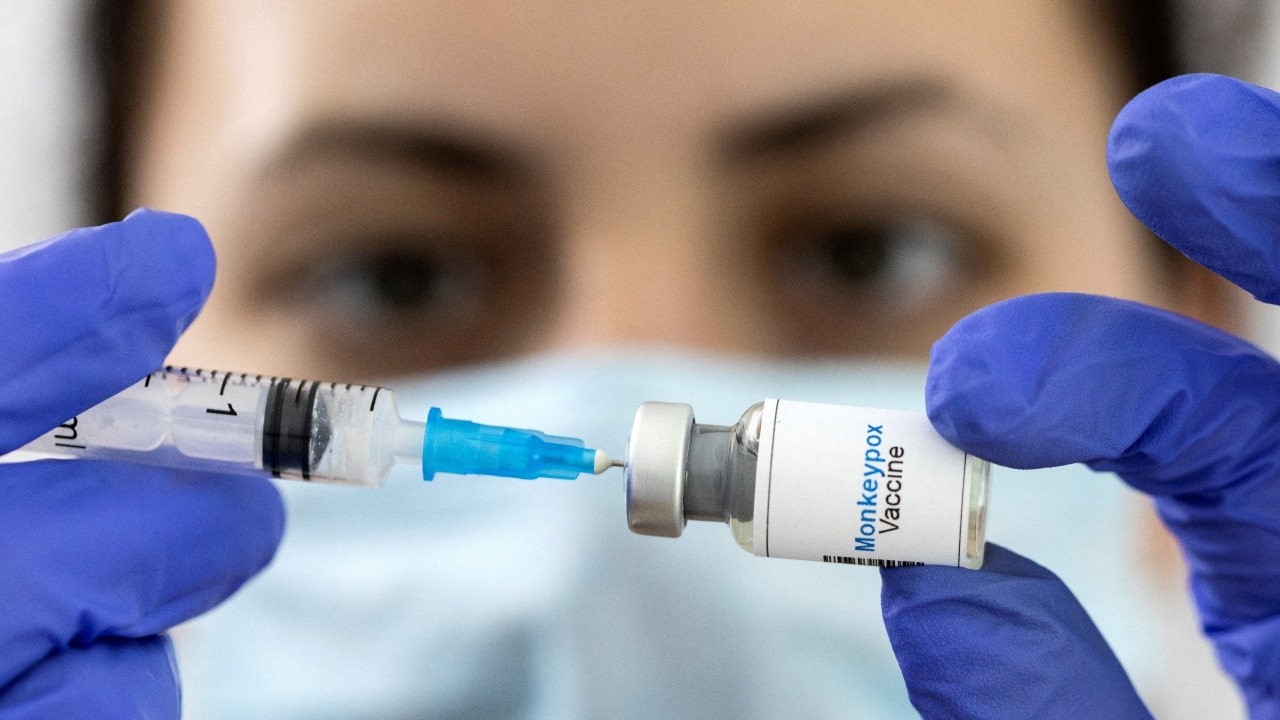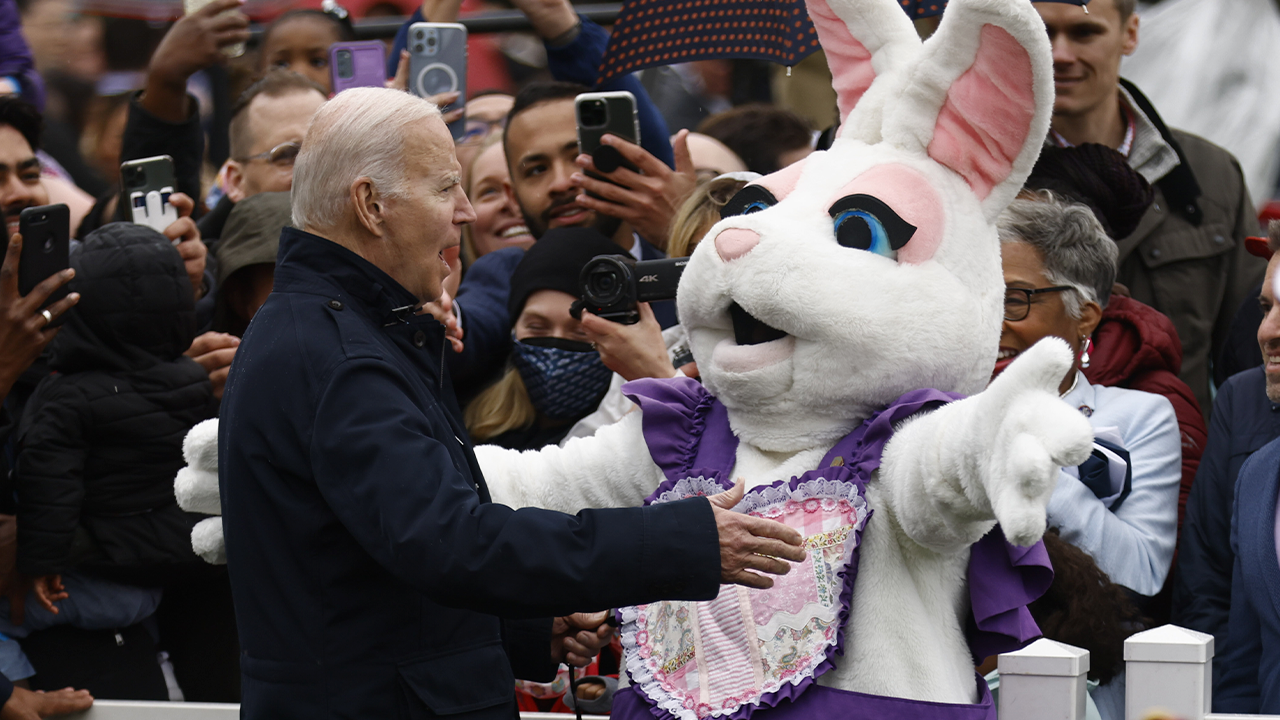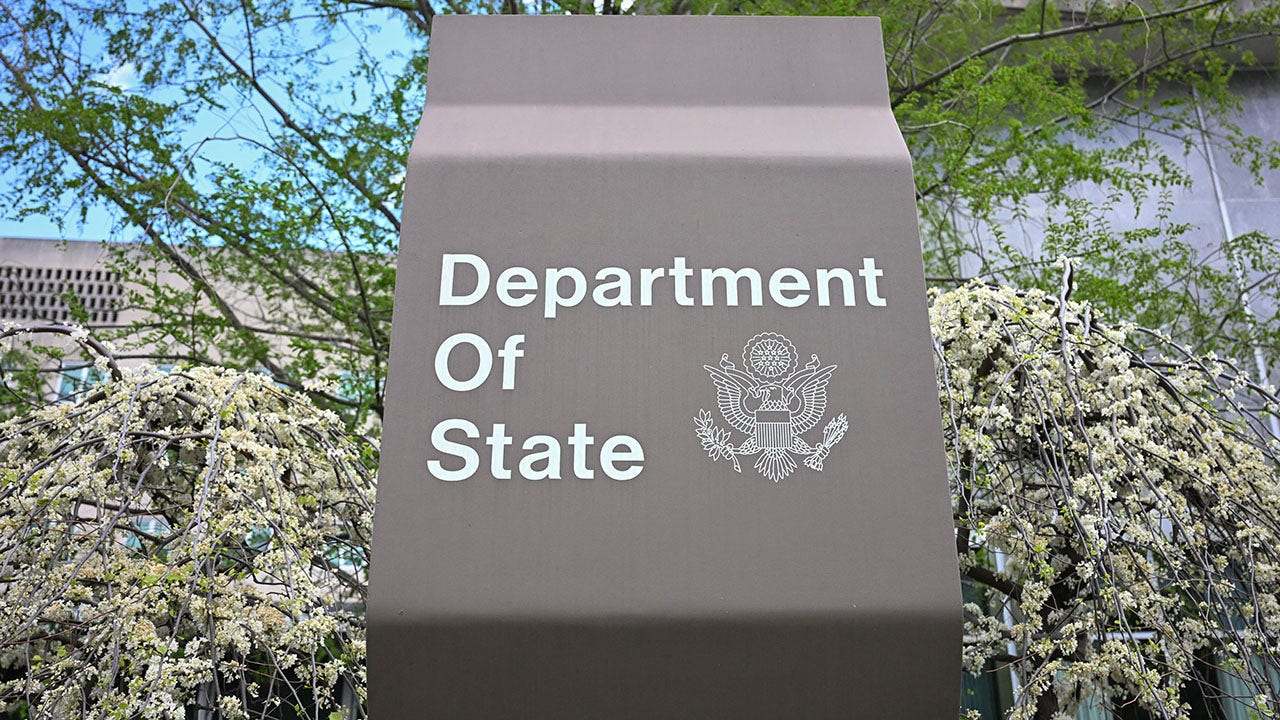NIH slashes vaccine hesitancy research funding 4 years after Biden spent millions combating ‘misinformation’

The National Institutes of Health (NIH) is reportedly set to cancel over 40 research grants related to vaccine hesitancy by the end of the month, just four years after the Biden administration invested millions of dollars in combating COVID-19 vaccine skepticism.
An internal email obtained by The Washington Post revealed that the NIH had received a new list of awards that need to be terminated due to not aligning with funding priorities related to vaccine hesitancy and uptake. Researchers working on these grants will be instructed to shift their focus away from studying why individuals are hesitant to be vaccinated and instead explore ways to improve vaccine interest and commitment.
This decision comes on the heels of the Biden administration’s efforts to combat misinformation surrounding COVID-19 vaccines. In 2021, the government allocated at least $267 million towards research grants and contracts related to misinformation or disinformation. The Centers for Disease Control and Prevention (CDC) also provided funding to organizations advocating for minority populations, with a particular focus on addressing disparities in COVID-19 infection rates.
It remains unclear if Health and Human Services Secretary Robert F. Kennedy, Jr. played a role in the cancelation of these grants. The Trump administration has been critical of the previous administration’s spending, with efforts to downsize government programs and funding related to diversity, equity, and inclusion initiatives.
Kennedy, who was confirmed as HHS Secretary last month, has prioritized reforming food policies, expanding healthcare coverage, and holding pharmaceutical companies accountable. His focus on these issues may have influenced the decision to terminate research grants related to vaccine hesitancy.
As the NIH moves forward with canceling these grants, researchers and institutions will need to adjust their priorities and funding sources. It remains to be seen how this decision will impact future research on vaccine hesitancy and public health messaging.




